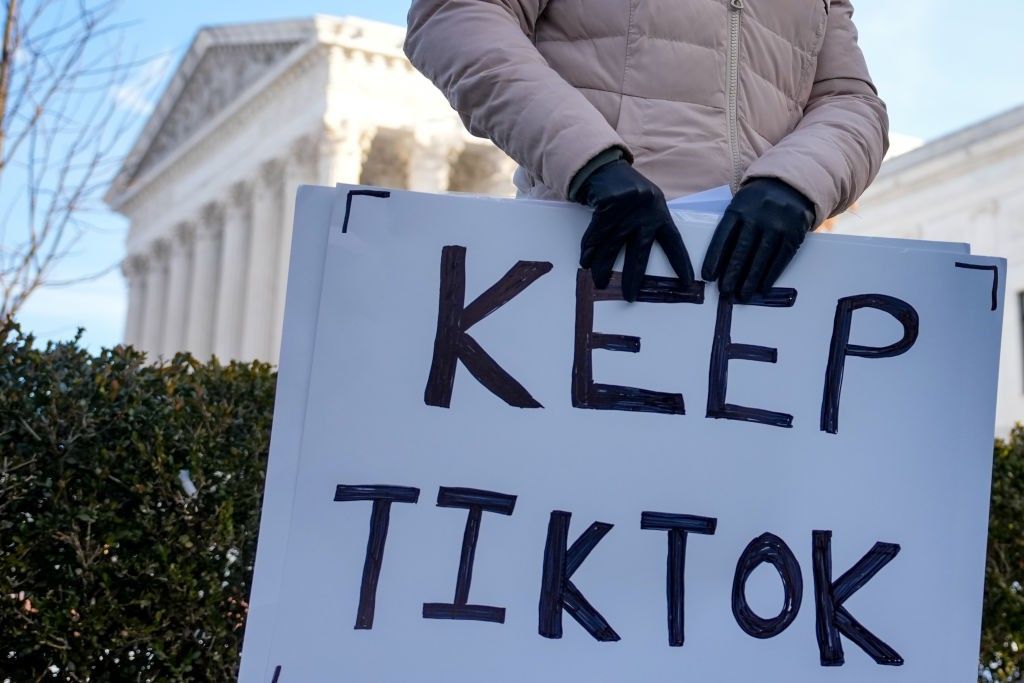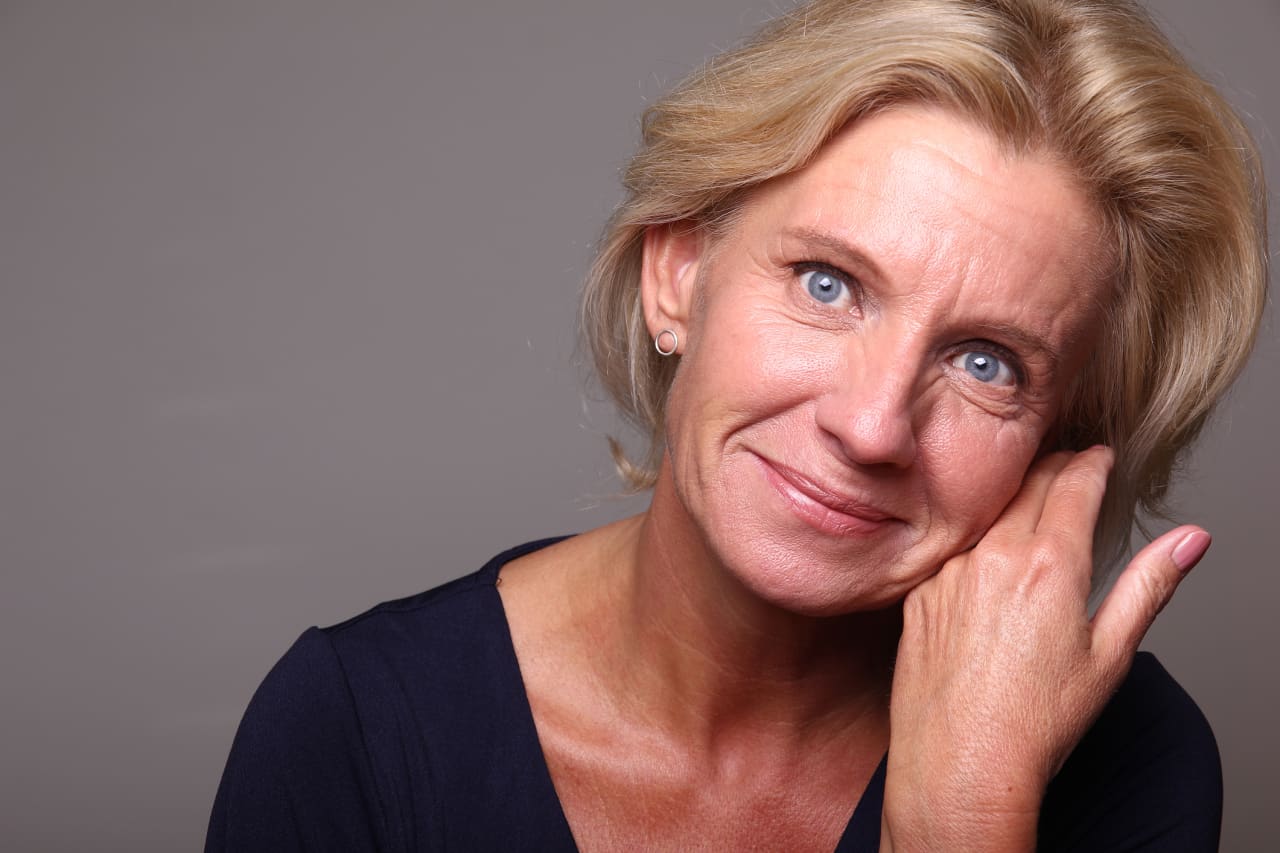When the Taliban seized power in Afghanistan three years ago this month, one of the first things they did was paint over the images of women on billboards and murals. Since then, women and girls themselves are being erased. Girls cannot go to high school, women are officially banned from working in most jobs, movement outside the home is heavily restricted and often punished. Many of the women who defied these impositions have been tortured and detained. Others are in hiding. The flogging and stoning of women in public has resumed as a matter of policy.
Yet, the world looks away. There are dedicated journalists and human rights advocates who continue to report on Afghan women, girls, and minorities, but the horrors inflicted on them have long slipped off the front pages. Governments occasionally issue statements of concern but nothing more. It is only on moments like this, the third anniversary of the Taliban’s takeover, that we remember Afghanistan. For the rest of the year, Afghans are kept out of sight, quietly abandoned to their fate, as if nothing can be done.
But there is something that can be done: the Taliban can be held accountable. The militant group is responsible for some of the most serious breaches of international criminal law. Just as the International Criminal Court (ICC) has issued arrest warrants against Russian President Vladimir Putin and five senior government and military officials, it could do the same with individual Taliban leaders. The ICC has the jurisdiction, as there is already an investigation on Afghanistan. The persecution of women and girls constitutes a crime against humanity—one of the most serious categories of crimes, along with genocide and war crimes. The Prosecutor can prioritize the investigation, gather evidence, and request arrest warrants.
The Taliban can also be brought before the International Court of Justice (ICJ), also known as the “World Court.” The ICJ decides cases that are brought between states. It is currently hearing important human rights related cases, including on torture, racial discrimination, and genocide. As the group in control of Afghanistan, the Taliban can be brought before the court to answer for its violations of the Convention for the Elimination of All Forms of Discrimination Against Women (CEDAW), the main treaty protecting women’s rights, which has been ratified by 189 countries. All it needs is for one country to bring the case. The organization I lead, the Open Society Foundations, has detailed in a report published this year how this can be done. We’re in a moment when, amid the many horrors around the world, dozens of countries are seeking justice in international courts for the most serious crimes, whether it’s on Ukraine, Israel and Gaza, Syria, or Myanmar. Afghanistan should be on that list, too.
For the past three years, the international community has pursued a failed strategy of applying economic pressure on the one hand and seeking engagement on the other. Neither approach has worked in restraining the Taliban, and both have made the situation for Afghan women and girls worse. The withdrawal of international assistance and the imposition of sanctions has plunged the Afghan people deep into a humanitarian crisis, with more than 23 million in need of urgent assistance, most of them women and girls. And the talks with the Taliban have prioritized issues like regional security and narcotics, but never the rights of women and girls. There are observers who point to positives, saying there is now peace in a country that has not known it for 40 years. But for half the population, the war continues, and they are the targets.
Read More: The Women of Afghanistan Won’t Be Silenced Anymore
By taking the Taliban to The Hague, there can be a new approach—one that centers the rights of the Afghan people. The Taliban is not going to cooperate with either court, and will denounce the proceedings as a conspiracy against it. But the courts’ decisions can set clear parameters for the international community’s engagement with the Taliban and give a voice to their victims. When I worked as a human rights investigator on post-conflict situations, including in the wake of the genocide in Rwanda, the women I spoke to didn’t just want their perpetrators punished. They wanted the crimes against them acknowledged, the truth of what happened to them heard, and the futures that were stolen from them returned.
For all their defiance, the Taliban is vulnerable to international pressure. They crave legitimacy for their regime. They want to take up seats at the United Nations as the representatives of Afghanistan and to have diplomatic relations with the neighboring region and the rest of the world. This is where engagement is important, but it must be principled. There can be cooperation with the Taliban as far it helps the people of Afghanistan, especially on easing the humanitarian and economic crisis. But the rest is up to the Taliban. They can begin by living up to the promises they made to the world when they said they wouldn’t resume the cruelties they inflicted the last time they were in power.
There are also grave dangers in not pursuing justice, in allowing these brutal practices to slowly become accepted, and creating a world of exceptions when it comes to the rights of women, where some are entitled to them and others are not, just because of where they live.
Women’s rights in Afghanistan have never been a foreign-imposed project, as some claim, alien to the country. It is the women of Afghanistan who always fought for them, whether it was securing laws to protect women from violence under previous governments or whether it’s resisting the Taliban from exile, on the streets, and even from inside their homes. We owe it to them to stand with them in this fight.





















Discussion about this post